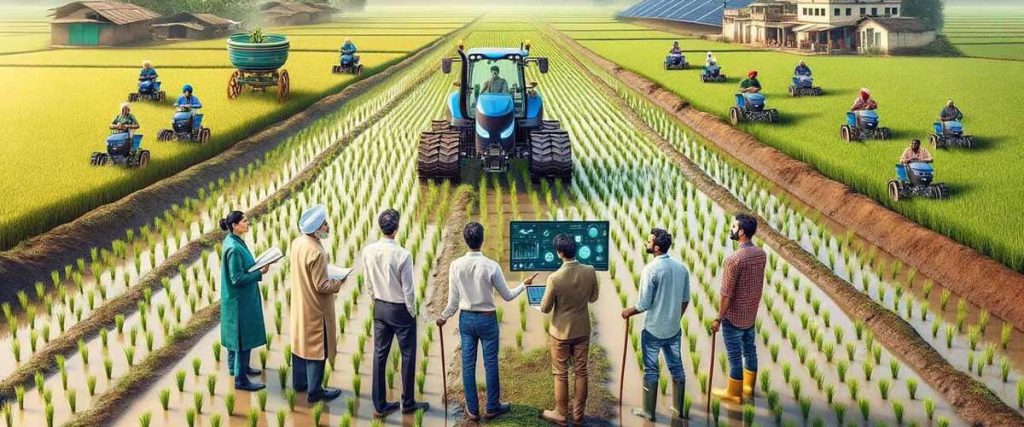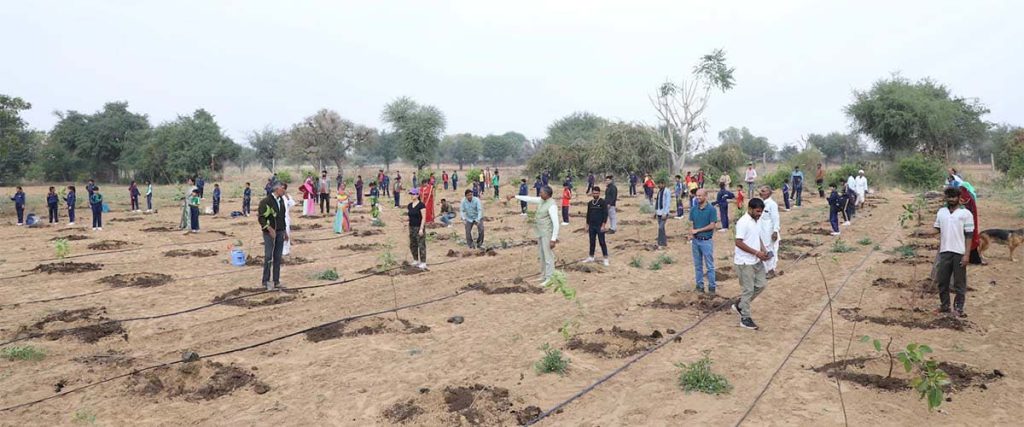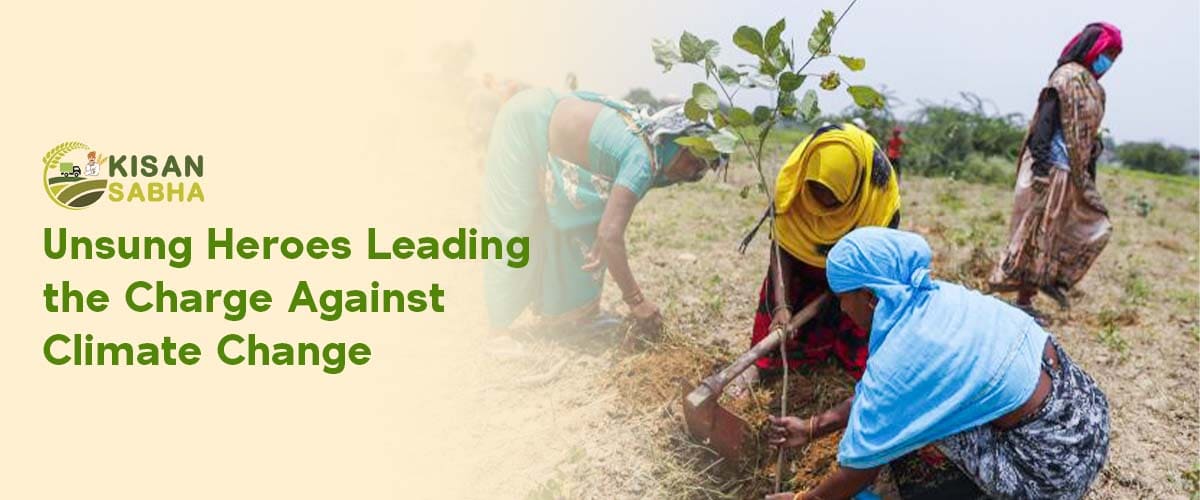Farmers are the unsung heroes of the fight against climate change. in our food production system. They also play a key role on the front lines of climate impacts. Whether it is a severe weather event changing rain patterns or the spread of pests and diseases. Farmers face many challenges caused by a changing climate. However, they are also uniquely positioned to make a significant impact in mitigating climate change through sustainable agricultural practices. This article explores why farmers deserve the title of true heroes in the fight. with climate change
The Agriculture-Climate Connection
Agriculture and weather are strongly connected. On the other hand, agriculture is a substantial supply of greenhouse gasoline emissions. Deforestation for agricultural enlargement, methane emissions from animals, and the usage of artificial fertilizers all contribute to the carbon footprint of farming. On the opposite hand, agriculture is also extraordinarily prone to the results of weather exchange. Droughts, floods, heatwaves, and converting climatic styles can all purpose crop disasters, lower yields, and extended financial demanding situations for farmers.

Sustainable Agricultural Practices
Despite these hurdles, farmers have been at the forefront of imposing sustainable agricultural strategies. Conservation agriculture is one such effort, which includes reducing soil disturbance, retaining crop residue cowl, and diversifying crop rotations. These techniques promote soil health, growth water retention, and sequester carbon inside the soil, so minimizing climate change.
Farmers can also integrate bushes into their farming systems with the aid of imposing agroforestry methods. Trees perform as carbon sinks, soaking up CO2 from the environment and storing it in biomass. Agroforestry systems not simplest absorb carbon but additionally provide some advantages which include shade, windbreaks, and multiplied biodiversity. These systems also serve to minimize soil erosion, control water cycles, etc. It also gives farmers extra income streams through the sale of wood, end products, or nuts.
The rejection of artificial inputs is a key element of sustainable farming. The use of chemical fertilizers and insecticides—which are hard to come by and can increase greenhouse gas emissions—is reduced when farming is done organically. Using organic fertilizers, cover crops, and crop rotations, organic farming also increases soil fertility. Farmers may make ecosystems healthier and have less carbon footprint by avoiding the use of synthetic inputs.
Farmers aren’t best helping to mitigate climate alternates, but they are also utilizing progressive strategies to modify to the shifting weather. For example, precision farming makes use of generation to maximize using assets like insecticides, fertilizers, and water. Farmers may cut down on waste and their environmental effects by carefully applying those inputs based only on real-time information. Similar to this, using advanced irrigation techniques and crop types resistant to climate change helps farmers adapt to shifting weather patterns and ensures the safety of food.

Farmers are working together to address climate change in addition to implementing sustainable measures on their farms. Farmers are exchanging knowledge, materials, and reports to strengthen resilience and advance sustainable agriculture through farmer agencies, cooperatives, and network-primarily orientated projects. With the aid of these networks, farmers can jointly bargain for higher prices for their goods, get access to climate-smart technologies, and influence policy decisions that directly impact their lives. Farmers can increase their influence and support larger initiatives for weather trade variation and mitigation by banding together.
Additionally, farmers have a significant role in promoting weather activity. They may instruct clients on the environmental effects of their food choices because they have direct contact with them. Local, seasonal, and natural elements bought through farmers can help lessen our food systems’ carbon footprint. Furthermore, they have the potential to raise public focus on the importance of helping sustainable agriculture, as well as the want for legal pointers that inspire environmentally friendly agricultural practices.
Challenges and Support Needed
Nonetheless, it is essential to recognize the demanding situations farmers face while implementing sustainable practices. To make the transition to sustainable agriculture, assets that include cash, marketplace rights of entry, technical information, and policy aid are required. Governments, international businesses, and the financial quarter need to provide farmers with the help they require to navigate this transition.
Also Read:- Intensive Farming and Its Advantages and Disadvantages
To Summarise,
Farmers are the authentic heroes on the subject of combating weather alternates. They contribute significantly to lowering weather alternatives through sustainable agricultural practices, but they also undergo the brunt of its consequences. Farmers can also assist in enhancing climate resilience, growing biodiversity, and reducing greenhouse gas emissions through imposing practices like organic farming, conservation agriculture, and agroforestry.
Furthermore, farmers are adapting to the changing surroundings through collaborative efforts and the application of modern technology. Farmers aren’t simplest presenting food for the arena, but additionally running toward a greater sustainable destiny, so we have to understand and aid their efforts in the fight against climate alternate.



